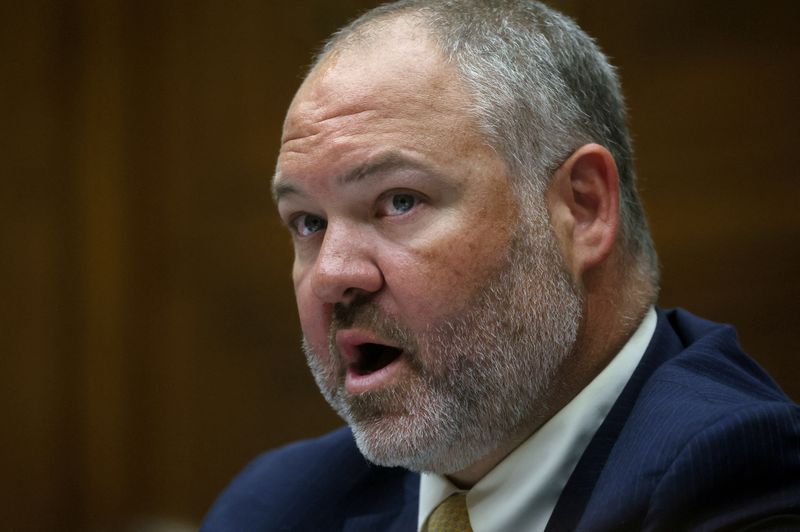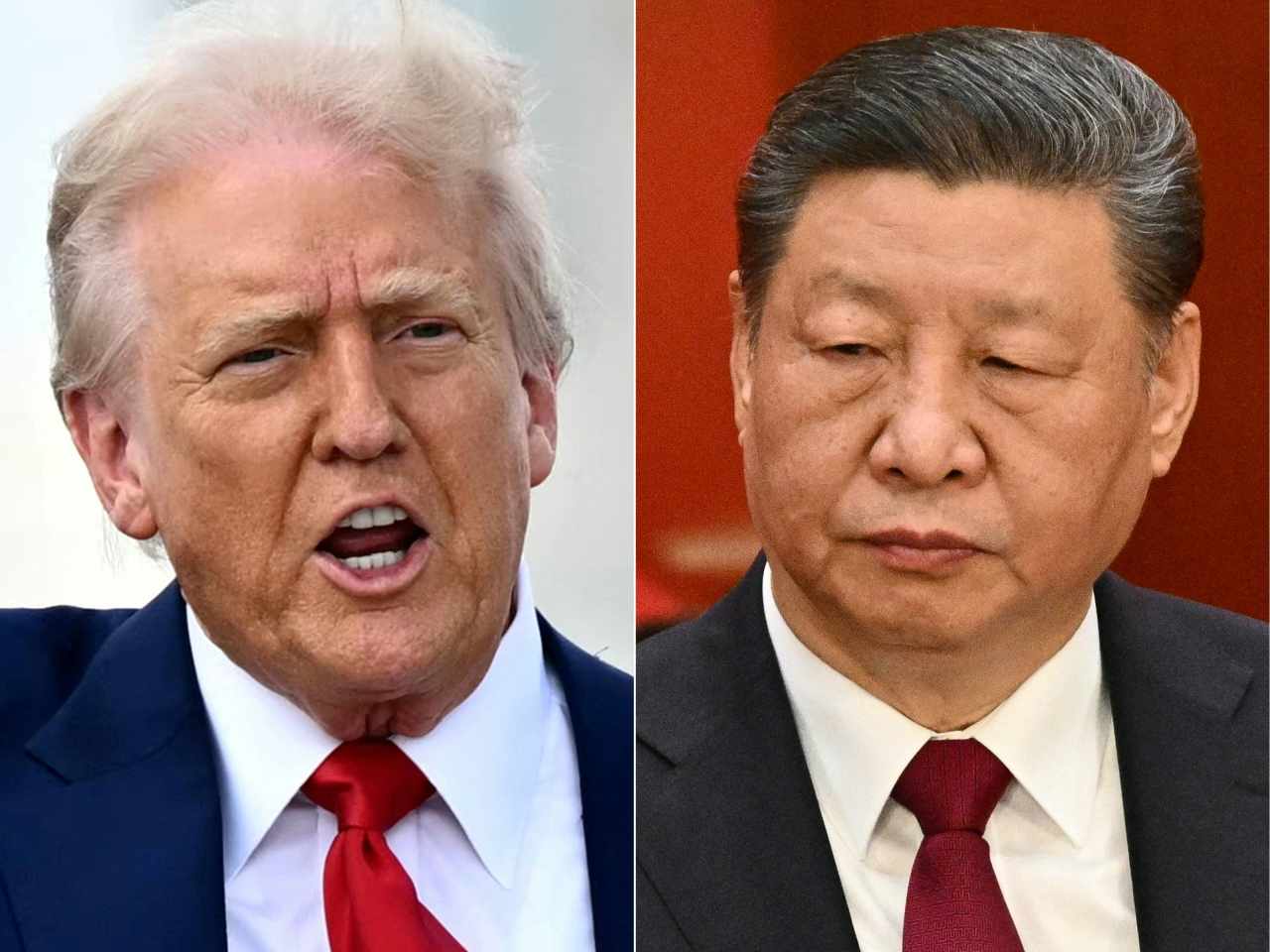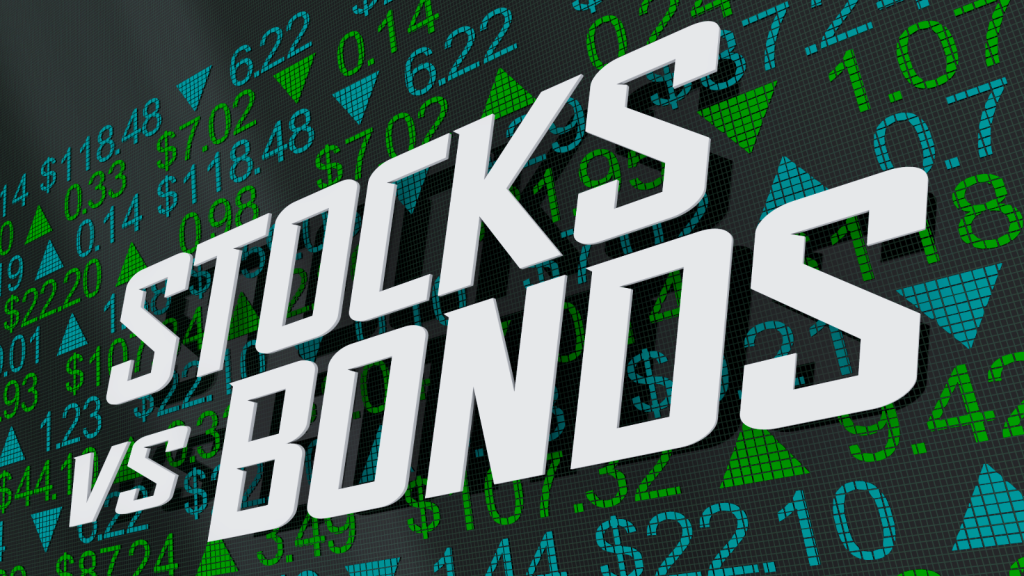I’m military retired after 35 years and I have a $5 million net worth and here’s where it is invested
A military veteran retired from the army after 35 years and collects $220k per year at 57. That income comes from an army pension, VA disability, TSP, and dividends. The veteran also has a $5.5 million portfolio. However, the veteran also wants to minimize capital gains as he withdraws from retirement accounts, prompting this post […] The post I’m military retired after 35 years and I have a $5 million net worth and here’s where it is invested appeared first on 24/7 Wall St..

A military veteran retired from the army after 35 years and collects $220k per year at 57. That income comes from an army pension, VA disability, TSP, and dividends. The veteran also has a $5.5 million portfolio. However, the veteran also wants to minimize capital gains as he withdraws from retirement accounts, prompting this post in the Fat FIRE Reddit group.
I’ll share my thoughts, but it is always good to speak with a financial advisor if you can.
A veteran earns $220k per year in passive income and has a $5.5 million portfolio.
The veteran may not need to sell their stocks, but these suggestions can minimize capital gains taxes if selling becomes necessary.
4 million Americans are set to retire this year. If you want to join them, click here now to see if you’re behind, or ahead. It only takes a minute. (Sponsor)
Key Points
Do You Really Need to Sell Stocks?
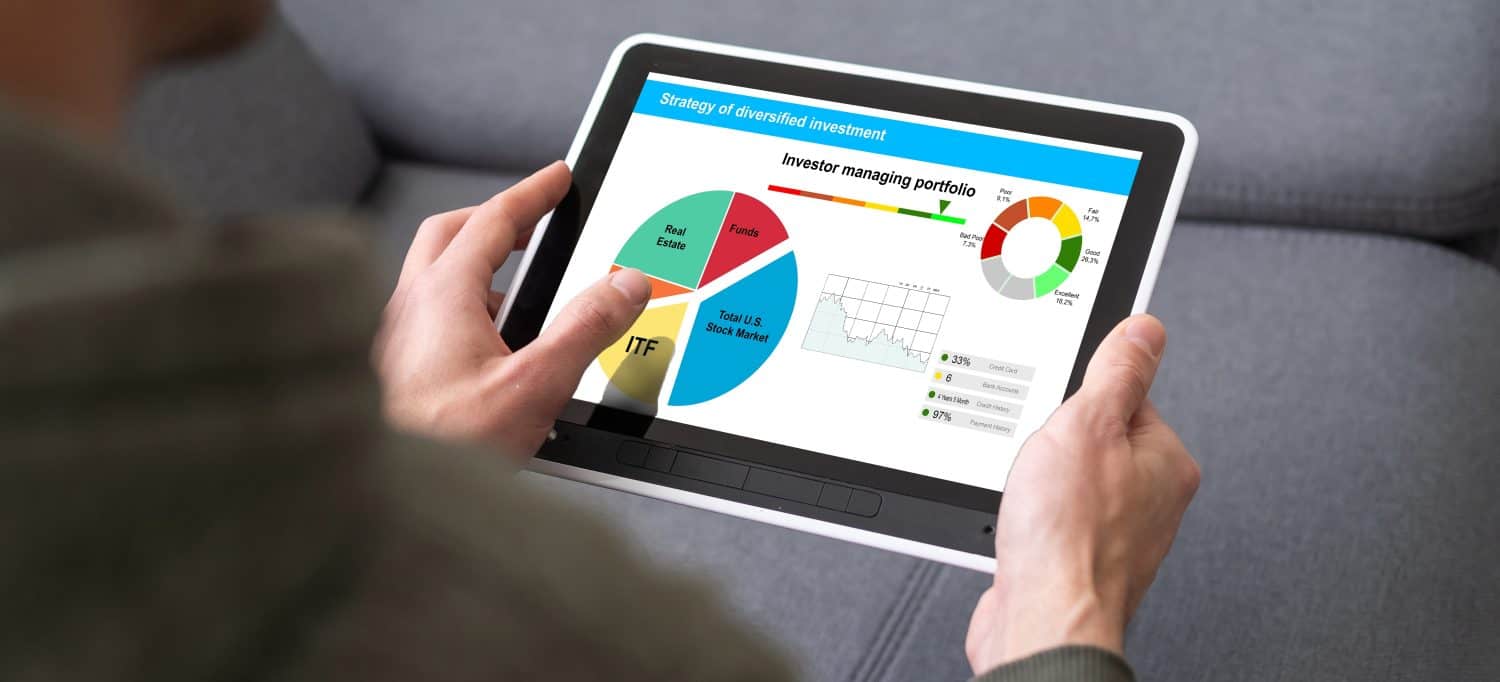
The veteran mentions that they spend $10k per year, which gives him plenty of flexibility with $220k in annual passive income. Expenses can ramp up in the future, but the current distributions give him enough time to hold off on selling their positions.
However, the veteran hinted that expenses will get higher, and he is building a new house. That can result in a bunch ofshort-term construction costs that may require additional stock withdrawals.
It’s hard to provide acute suggestions since the veteran did not post their portfolio and capital gains. While it’s possible that the veteran can let the $5.5 million grow instead of selling any stocks, the rest of my suggestions will be gearedtoward selling stocks.
Start with the 401(k)
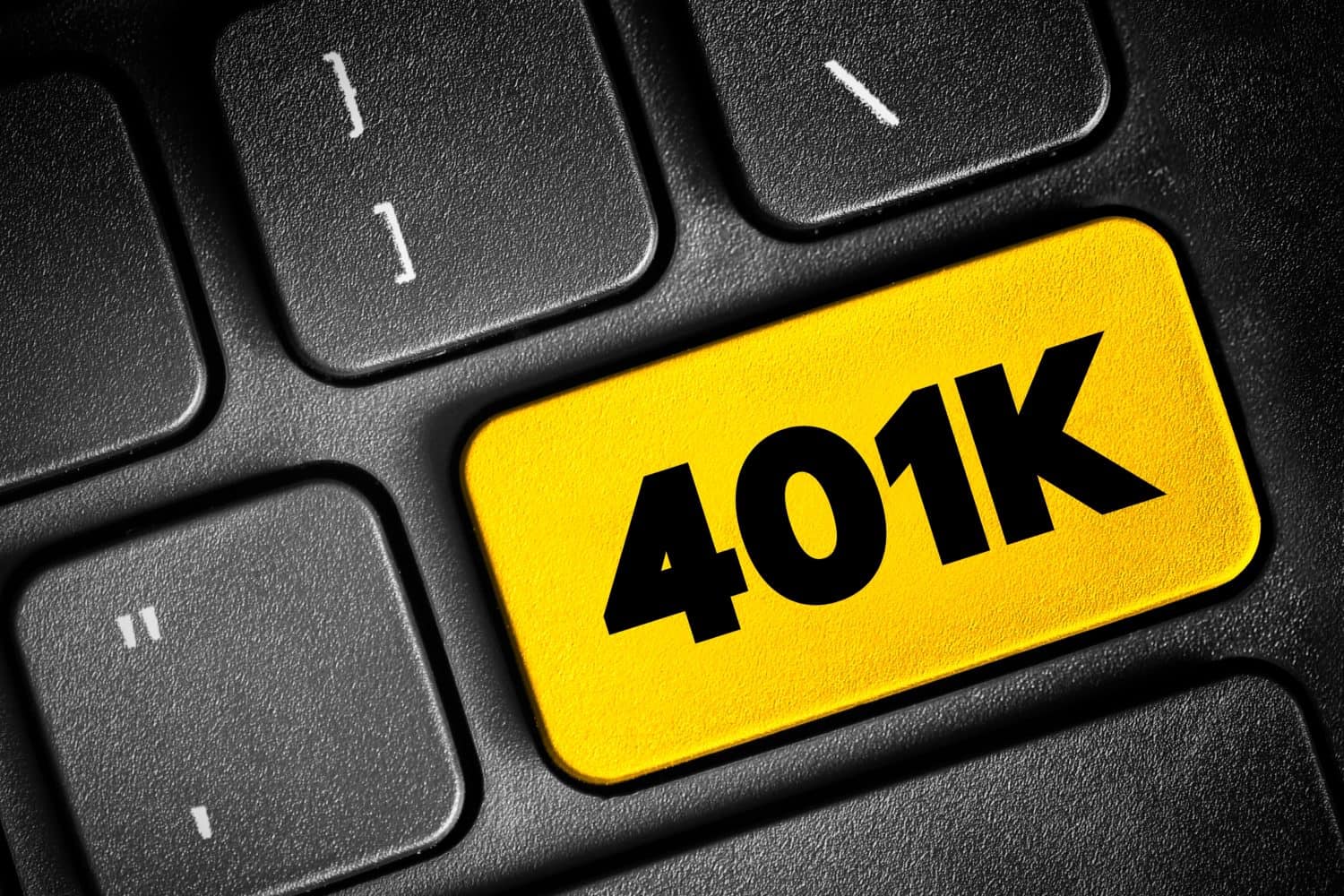
When you pass away and give your children a 401(k) plan, they have to withdraw the entire balance in the next 10 years. That can leave a substantial tax bill for your children, especially if they out-earn you. For instance, giving your children a $2 million 401(k) means they would have to withdraw $200k per year (assuming it doesn’t grow) and pay elevated taxes on those withdrawals and their regular income.
Dipping into your traditional 401(k) now reduces their tax burden when you pass it on to them. However, it also results in higher taxes for you, so it’s good to gauge how much to dip into your 401(k).
Protect the Brokerage Account

After addressing the annual 401(k) withdrawal, you should set your eyes on any positions in your brokerage account that have net losses. Unprofitable assets can offset your taxes.
However, investors who bought and held stocks for longer typically have fewer net losses available. It’s also possible that the veteran has stocks with substantial capital gains that he wouldn’t want to sell.
In that case, the veteran may want to consider borrowing against margin and withdrawing from his margin. A $5.5 million net worth will grant them a much lower interest rate. Many high-net-worth individuals use margin to borrow against their positions so they never have to sell. That way, they never pay capital gains taxes and can pass those shares onto their children through a step-up basis, ensuring capital gains taxes are never paid for those positions.
Wait for Trump’s Tax Policies

President Trump has suggested multiple times that he will replace income taxes with tariffs. This is a big deal for any retirement planning, as no income taxes would mean paying zero taxes on 401(k) withdrawals. President Trump has told Congress to get it done, so it’s no longer this far-out pipe dream that income taxes are eliminated.
It’s unknown what the policy will look like or if it will get reversed the moment a different President gets in the White House. However, it can provide a window of opportunity to withdraw 401(k) funds tax-free. If that’s the case, it may make sense to withdraw all 401(k) funds in one year and move them to a brokerage account, in case the policy gets reversed.
Trump’s tax policy is still taking shape, so there aren’t any concrete suggestions or actions to take now. However, it can have a seismic impact on retirement planning, especially for people with 401(k) plans.
The post I’m military retired after 35 years and I have a $5 million net worth and here’s where it is invested appeared first on 24/7 Wall St..




